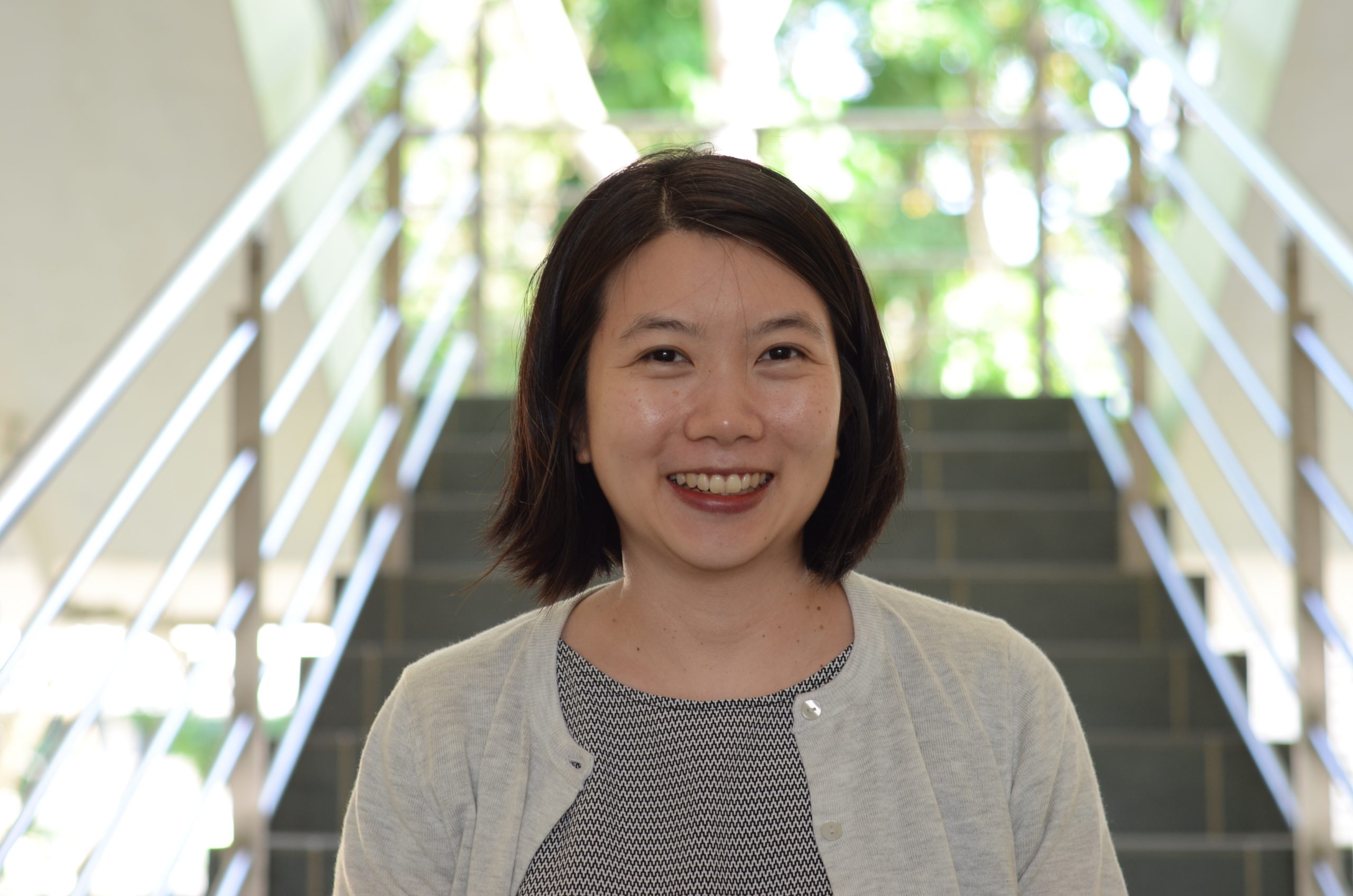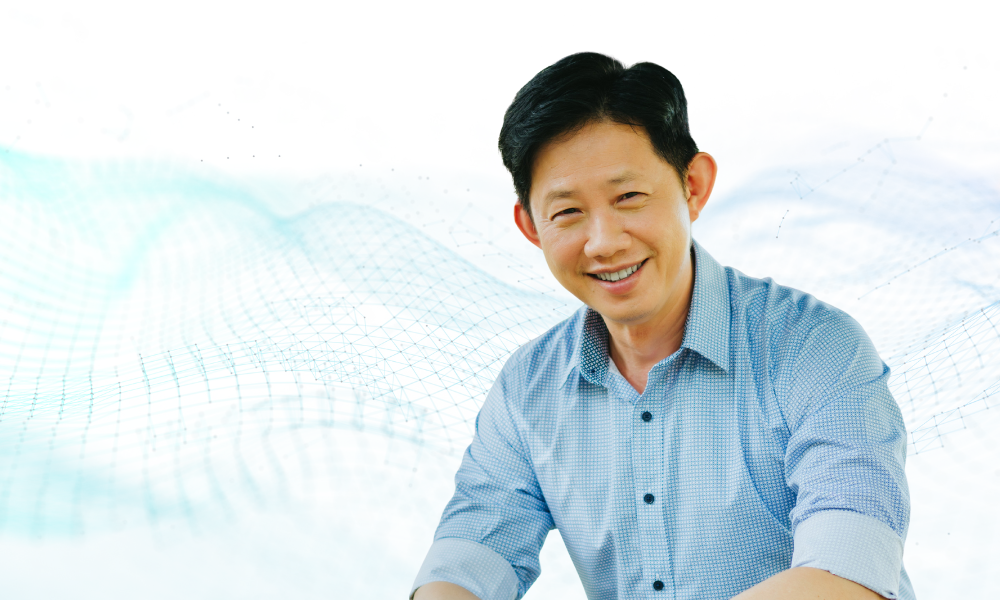Educators’ Insights into the Classrooms of Tomorrow
The integration of artificial intelligence (AI) into the classroom holds immense potential to revolutionize the way teachers teach and students learn. AI-driven tools and platforms, for example, can help personalize instruction, automate administrative tasks and analyse data to provide insightful feedback to students and teachers. In this article, two teachers from Anglo-Chinese Junior College and Raffles Institution (Junior College) share their insights on the role of AI in education as well as its integration in the classroom.

What sparked your interest in the potential of utilizing AI to enhance education?
Chee Keen: My interest was sparked by the rapid advancements in AI and machine learning, including the launch of ChatGPT 3.0 and its widespread adoption. As I teach at the junior college level, I’m particularly interested in how AI can support student-centred and self-directed learning. Initially, we used Large Language Models (LLMs) to streamline administrative tasks like drafting emails, planning events and generating testimonials. Emboldened by this success, we then began to explore LLMs for innovative lesson design and differentiated assessments.
Kuang Wen: As a chemistry teacher, my interest in AI began with a desire to create an auto-grader for students’ short answers. This would increase my grading speed and allow me to gain insights into the responses that my students are giving, especially regarding their alternative conceptions.
As AI continues to be integrated into educational settings, how do you envision the future of classrooms evolving?
Chee Keen: Teachers’ traditional roles as the sole knowledge providers may diminish, but their importance in providing values education and emotional support will likely grow. Young learners who are still developing core literacy and numeracy skills will need significant guidance from teachers to make sense of AI-generated information as compared to mature learners.
AI can also revolutionize curriculum design by personalizing content depth, breadth, pacing and delivery, creating a more personalized learning environment. This will require teachers to continually explore the boundaries of what AI can offer to leverage its full potential. However, both teachers and students may face challenges in understanding the data presented in learning dashboards. Algorithmic, adaptive learning might challenge conventional forms of education. Consequently, educational institutions could face unforeseen disruptions as learning becomes anytime, anywhere.
While AI holds promise, educators must prepare for AI-assisted student work. Understandably, many educators worry about academic integrity. With limited detection methods, teachers need to adapt and work within this new AI-supported learning reality.
Kuang Wen: I believe the affordances of AI are plentiful. With AI, tasks such as grading students’ work can potentially be automated. Additionally, students may also benefit from personalized tutoring due to the faster feedback loop of AI tools, enabling students to enhance their learning at a rapid pace. This would then free up educators’ time to deliberately create lesson resources and engage in creative lesson planning. Thus, what I envision is teachers coming together to meaningfully infuse our pedagogical knowledge into AI tools to ensure that they provide substantial value in education.
Crucially, since we are preparing students for the future, schools should also help to foster AI literacy in students. This may involve educating students on cyber wellness in AI usage, and how to use AI effectively and responsibly in both their daily lives and academic pursuits. This can be done through the practical incorporation of AI into continuous assessments and daily curricula.
Beyond that, AI empowers us to analyse and uncover new insights or patterns from the large amounts of data that we collect. For instance, in professional development, I can utilize AI transcription tools to transcribe audio recordings of my lessons. I can also leverage additional AI tools to gain valuable insights into my teaching methods so that I can improve my teaching.
What advice would you give to other educators who are interested in exploring AI in their teaching but are unsure of where to start or how to proceed ethically?
Chee Keen: I encourage keeping an open mind amidst the transformative changes ahead. Experts predict even more reliable and accurate AI coming our way, with some futurists anticipating General AI within a decade. Foremost, I believe prompt engineering and critical evaluation skills are crucial. When we craft prompts effectively, AI becomes our powerful teaching and learning assistant. We also need to fact-check and be aware of AI’s potential for generating “hallucinations” when the system’s training data is limited, which can lead to controversial and inappropriate outputs. To navigate this evolving landscape, we exemplify what lifelong learning is all about. Let us support each other in adapting our teaching models and empowering students for an AI-driven future by prioritizing skills development, adaptability and ethical values.
Kuang Wen: My advice would be for educators to form collaborative teams and identify a specific problem that they wish to solve before deciding on an appropriate AI tool to explore together. For instance, Raffles Institution has launched a new initiative – Gryphon Node – where like-minded teachers from various schools can collaborate in a well-supported environment to explore AI’s meaningful applications in education.






